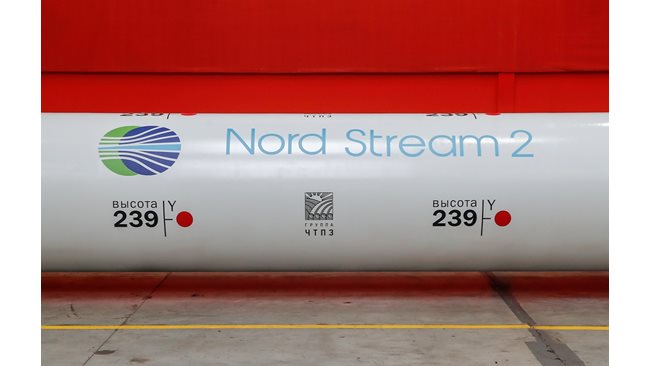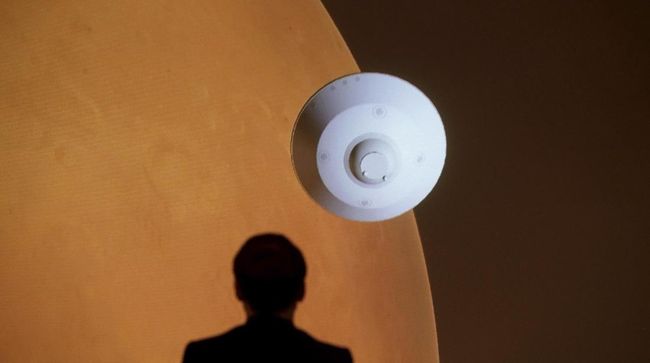–
–
Gas has risen again by more than 100 euros per megawatt-hour after it became clear that Nord Stream 2 would not be launched until the end of the year. PHOTO: Reuters
–
Natural gas has risen sharply after Germany postponed Nord Stream 2 certification and Russia did not increase supplies to Europe.
Quotes of the Dutch hub TTF rose by 8% on Wednesday and reached over 100 euros per megawatt-hour, which is the highest level since October 18.
The day before, on Tuesday, the German energy regulator stopped the process of certifying Nord Stream 2, which greatly reduced the prospects for it to start deliveries in the coming months. According to government sources quoted by Reuters, this decision could delay the launch of the pipeline until March 2022.
Ukraine’s state-owned gas transmission operator said on Wednesday that there were no signs of an increase in Russian gas supplies to Europe next year, Reuters reported. Kiev continues to accuse Moscow of using energy as a weapon against Europe. Moscow denies, saying it is fulfilling its contractual obligations.
Insufficient gas supplies in Europe could lead to power outages this winter if temperatures are low due to insufficient gas supplies, said Jeremy Weir, CEO of Trafigura, one of the world’s largest commodity traders.
High energy prices are raising inflation. Data from Wednesday show that in the EU it reached a 13-year high of 4.4% in October.
The rise in gas prices has also led to higher electricity prices. On the Bulgarian stock exchange, the delivery deals for today ended at levels of BGN 494.74 per megawatt-hour without VAT. This is the second highest price in Europe. Electricity is more expensive only in Greece – 276.47 euros, and the cheapest is in Poland – a little over 102 euros.
– .


